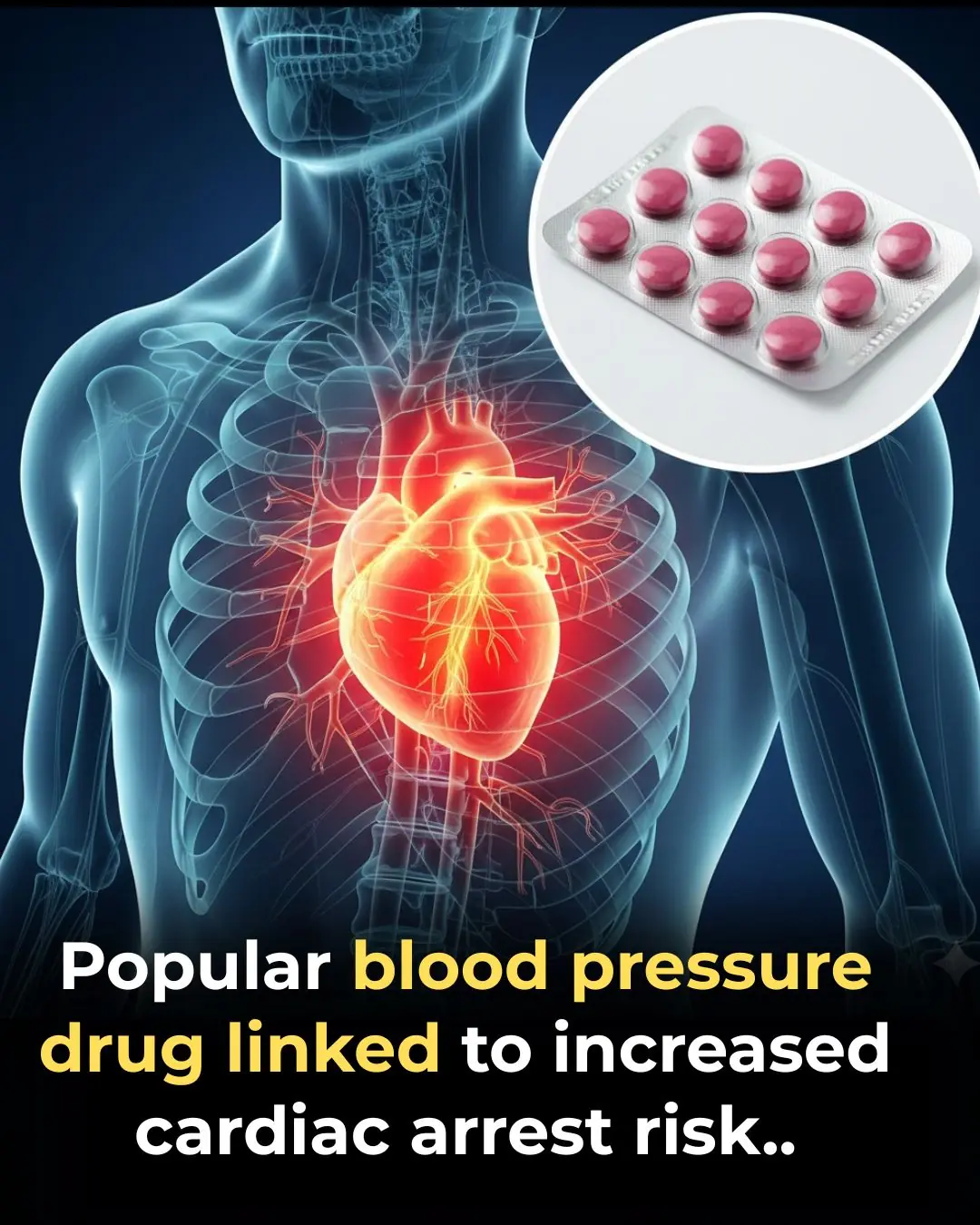
Why People Over 50 Are More Prone to Dangerous Diseases — The Answer That Makes Many Rethink Their Lifestyle
Turning 50 is a major milestone in life. It is a stage of wisdom, experience, and reflection — but also a time when the body begins to change in ways that make it more vulnerable to disease. Many people notice that after reaching their fifties, health problems seem to appear more frequently: fatigue, high blood pressure, diabetes, heart disease, and even cancer. But why does this happen? The answer lies in a combination of natural aging, lifestyle choices, and the gradual decline of the body’s defense systems — and it’s a wake-up call for many to take better care of themselves.
1. The Aging Body and Declining Immunity
As we age, our cells naturally lose the ability to repair themselves efficiently. The immune system, which once fought off infections with ease, becomes slower and less responsive. This condition, known as immunosenescence, means that viruses, bacteria, and even cancer cells can invade the body more easily. Healing also takes longer, and the body becomes less able to adapt to sudden changes such as stress or temperature shifts. For example, a minor cold in youth may turn into pneumonia in someone over 50 if immunity is weak.
2. Slower Metabolism and Organ Function
After the age of 50, the metabolism begins to slow down. The body burns fewer calories, and vital organs such as the liver, kidneys, and heart don’t function as efficiently as before. The arteries lose elasticity, increasing the risk of high blood pressure and heart disease. The digestive system may also become sluggish, leading to poor nutrient absorption and constipation. Over time, these subtle changes accumulate, making older adults more susceptible to chronic conditions.
3. Hormonal Changes and Muscle Loss
Both men and women experience hormonal shifts after 50. For women, menopause leads to a sharp drop in estrogen levels, which not only causes hot flashes and mood swings but also weakens bones and increases the risk of osteoporosis. Men, on the other hand, experience a gradual decline in testosterone, leading to reduced muscle mass, energy, and libido. The loss of muscle — known as sarcopenia — slows metabolism even further and makes maintaining a healthy weight more difficult.
4. Lifestyle Factors: The Hidden Culprits
While aging is natural, many dangerous diseases after 50 are actually the result of lifestyle habits accumulated over decades. Years of poor diet, lack of exercise, smoking, and excessive alcohol consumption can take a toll on the body. A diet high in sugar, salt, and processed foods increases the risk of obesity, diabetes, and heart problems. Long-term stress and sleep deprivation further weaken the immune system and accelerate cellular aging. The body, once resilient, begins to show the damage of years of neglect.
5. The Good News: It’s Never Too Late to Change
The most encouraging truth is that it’s never too late to take control of your health. Research shows that even small lifestyle changes after 50 can have a powerful impact. Eating a balanced diet rich in vegetables, fruits, lean proteins, and whole grains can improve metabolism and support organ function. Regular physical activity — such as walking, swimming, or yoga — strengthens muscles, improves circulation, and boosts mood. Prioritizing sleep, managing stress, and avoiding harmful habits like smoking or excessive drinking can add years of quality life.
A New Chapter of Health and Awareness
Reaching the age of 50 should not be a sign of decline, but rather an invitation to live more consciously. Understanding why the body becomes more vulnerable helps us take proactive steps to protect it. By nurturing the immune system, maintaining healthy habits, and listening to the body’s signals, we can prevent many serious diseases. The truth may surprise many: aging doesn’t have to mean getting sick — it’s simply a reminder to treat your body with the care it deserves.
News in the same category


Powerful Health Benefits of Pineapple You Should Know
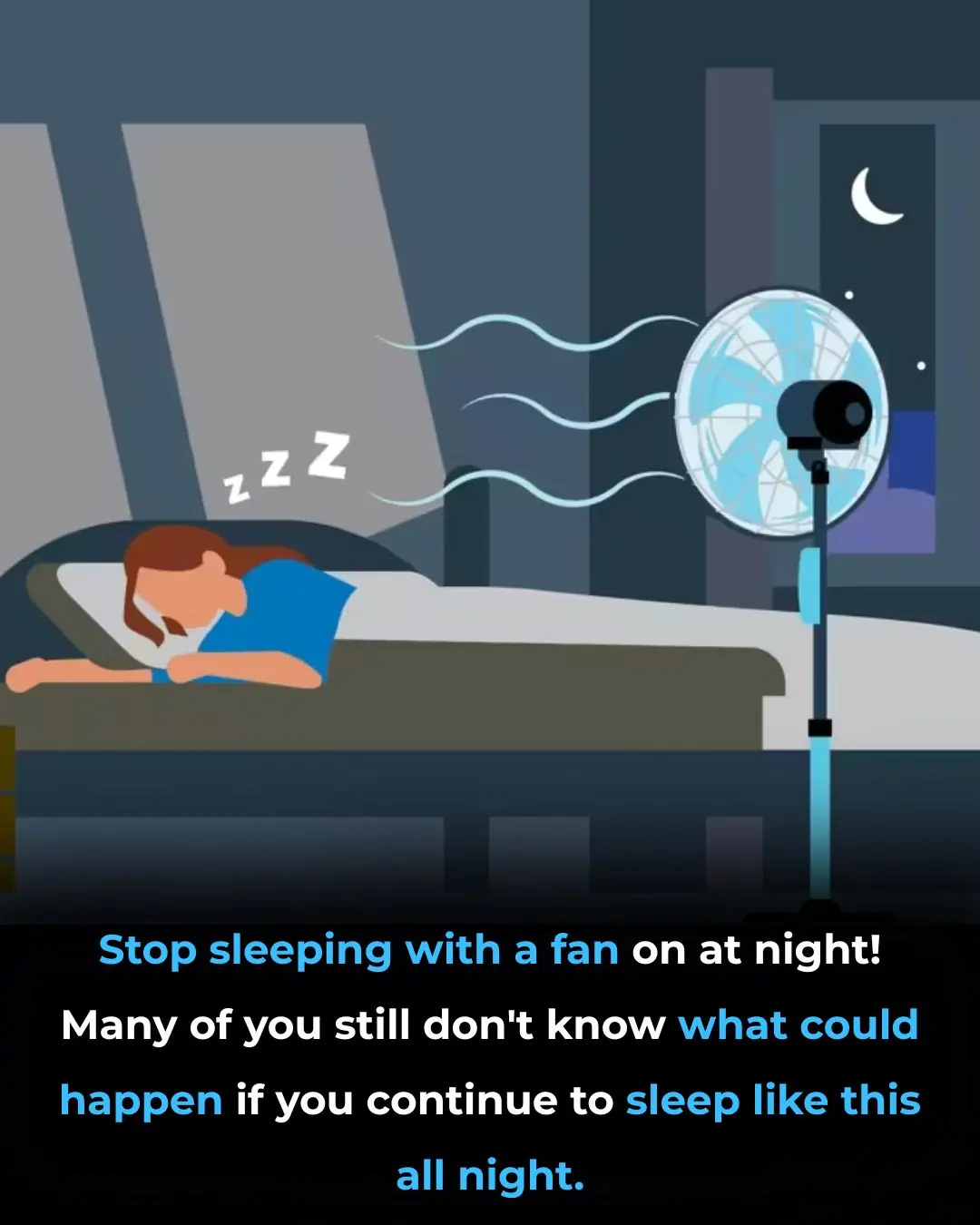
The Surprising Health Benefits of Sleeping in a Cold Room
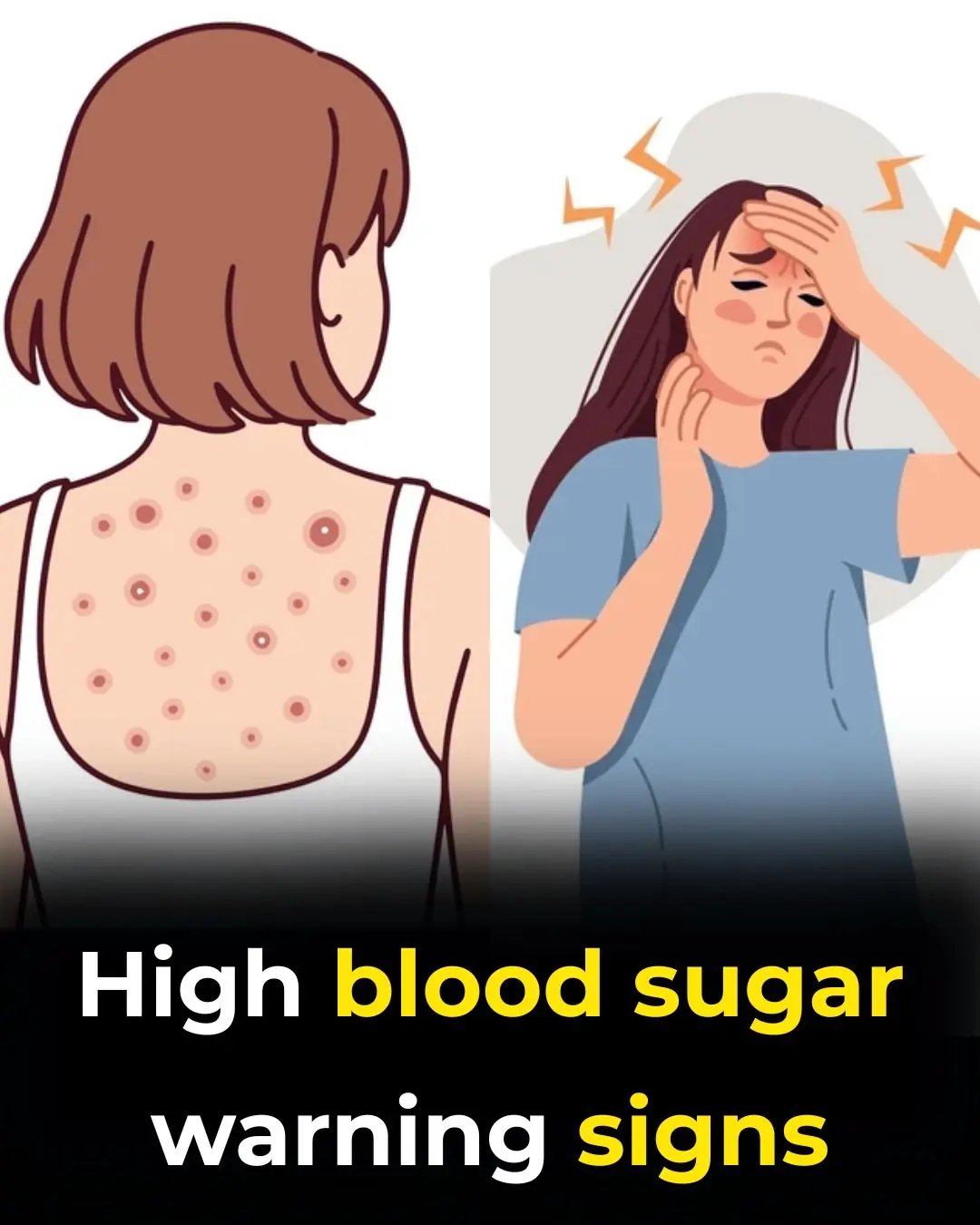
High Blood Sugar Warning Signs

🥚 A Look at How Certain Boiled Egg Habits May Affect Your Heart Health

🌿 Clove Water Sitz Baths for Women: A Gentle Guide to Hygiene and Comfort

What Happens to Your Body When You Eat Canned Tuna Every Day
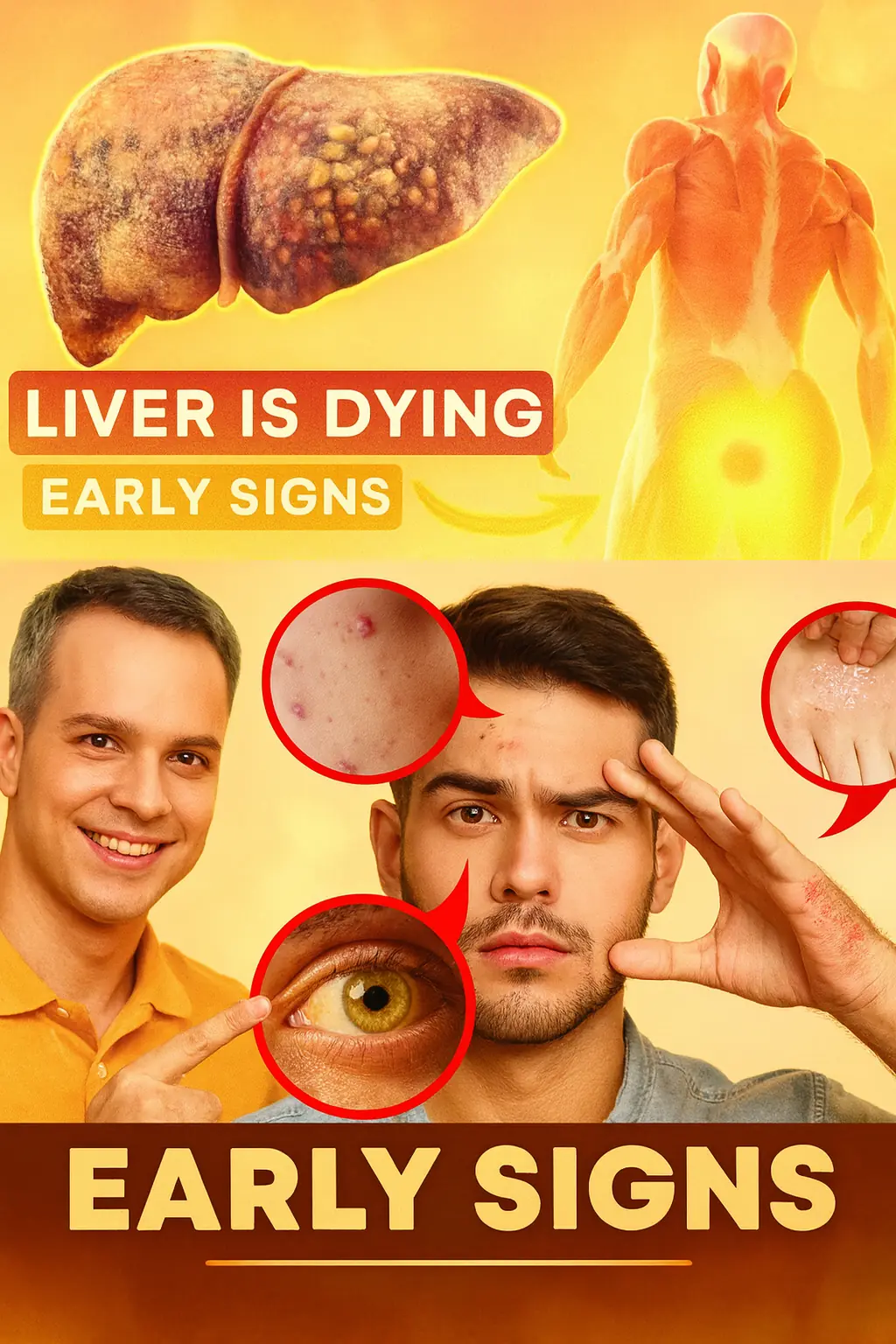
17 Warning Signs Your Liver Is Crying for Help
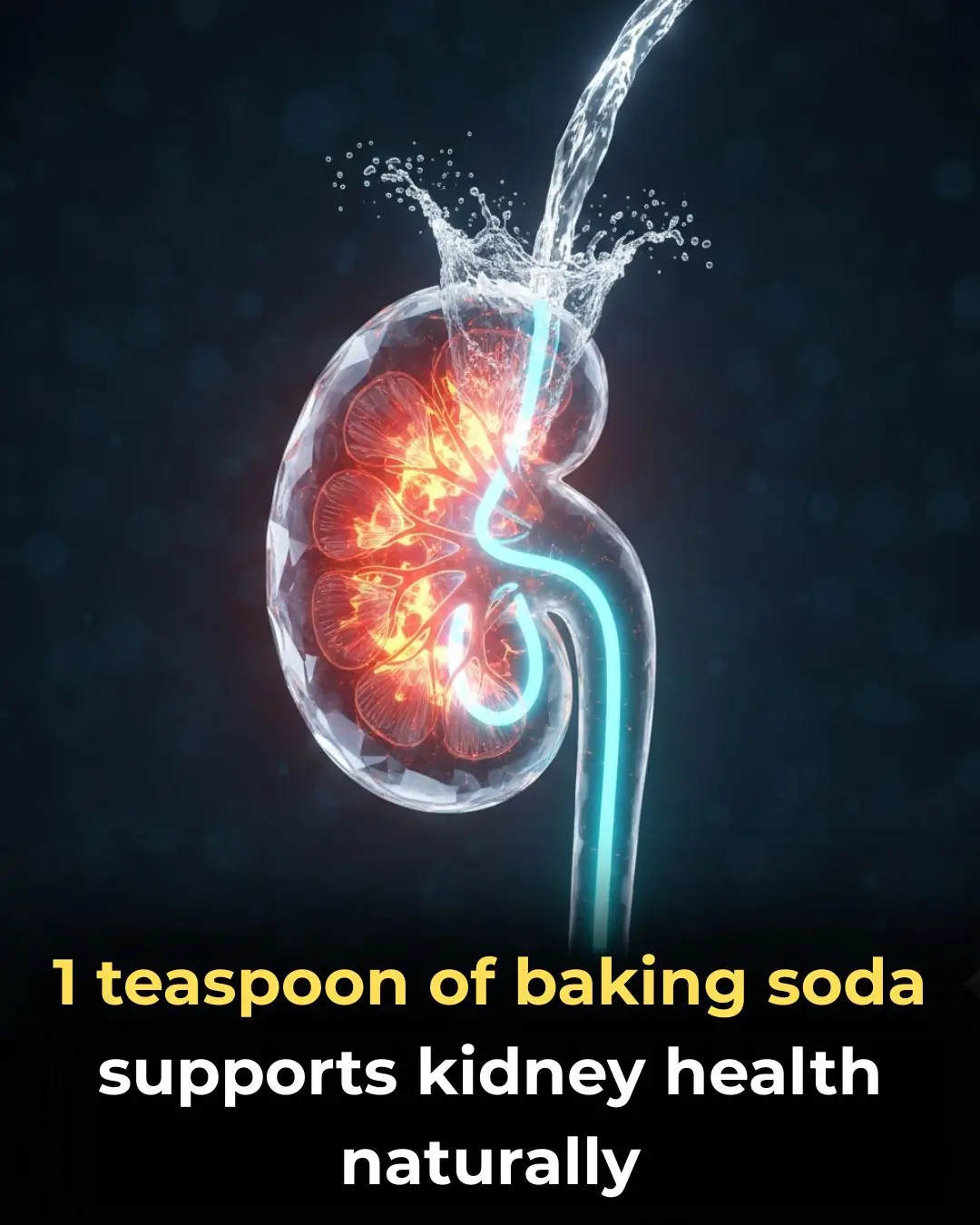
How to Support Your Kidneys Naturally Using 1 Teaspoon of Baking Soda

Fish oil cuts CV risk nearly in half for dialysis patients
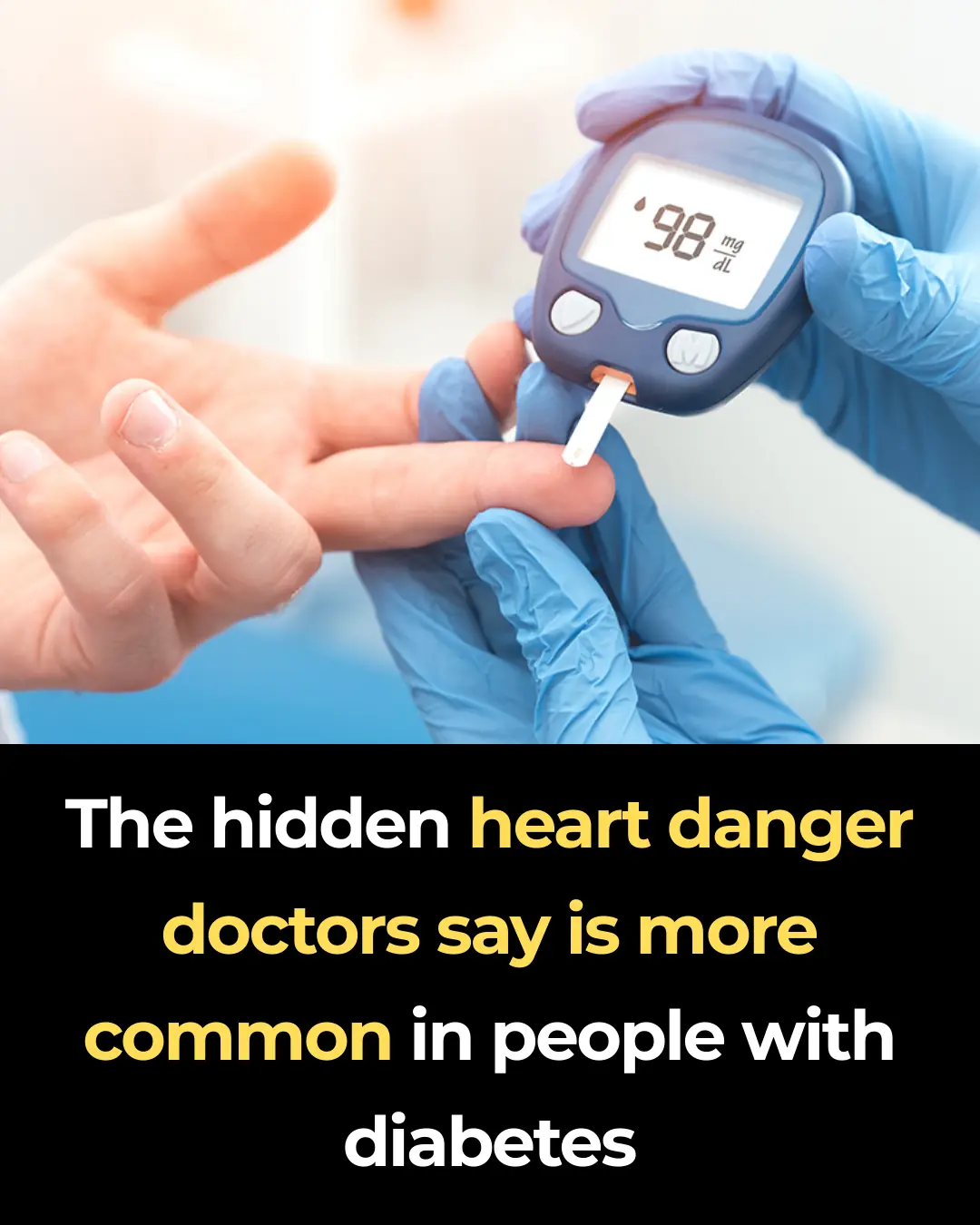
The hidden heart danger doctors say is more common in people with diabetes
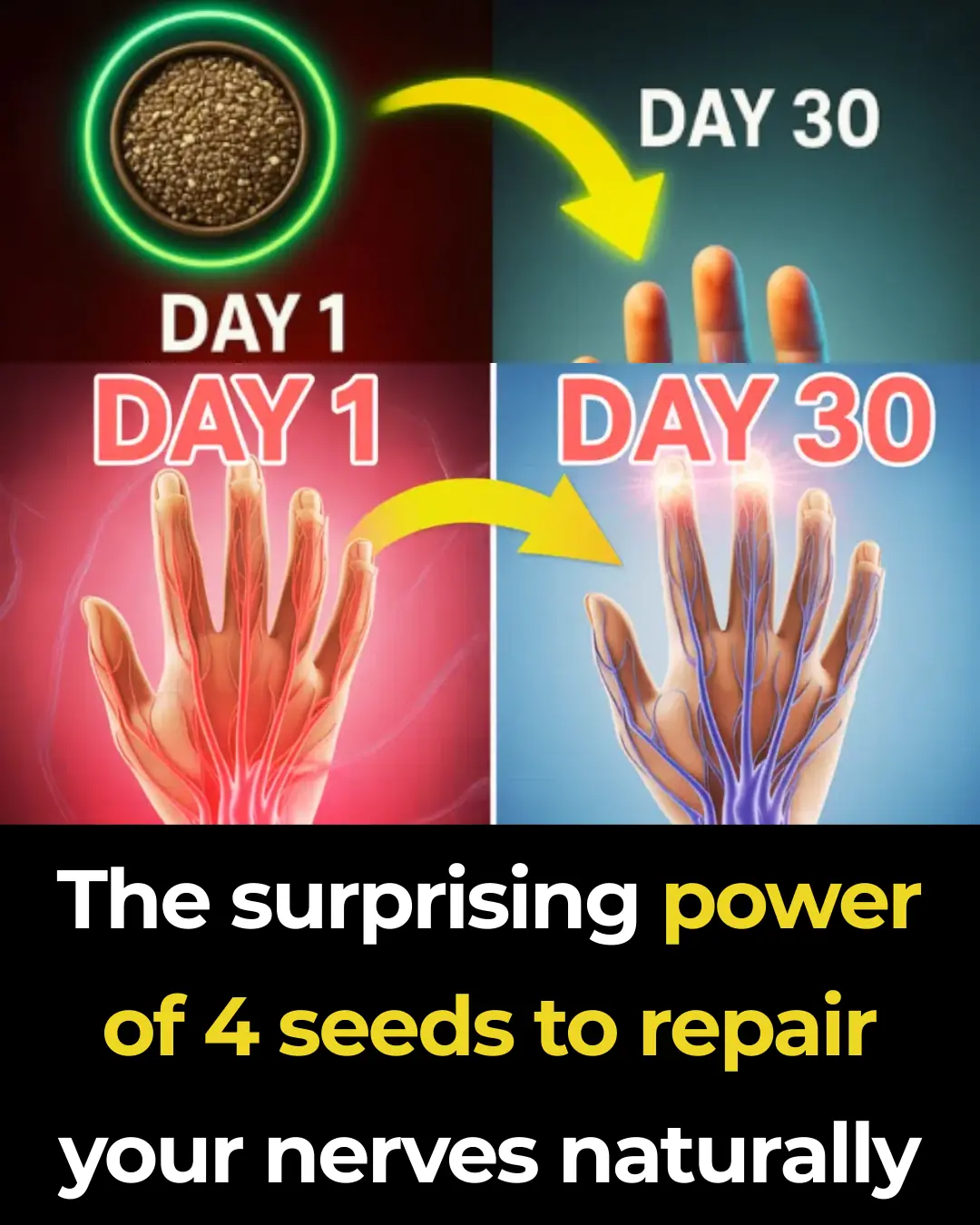
The surprising power of 4 seeds to repair your nerves naturally

Trial: mRNA Flu Vaccines More Effective Than Quad

3 Miracle Herbs to Instantly Lower Blood Pressure & Clear Arteries Naturally

The Surprising Uses of Lemon and Charcoal: A Natural Mix That May Change Your Daily Routine

The Green Bell Pepper Hair Growth Secret You NEED to Know
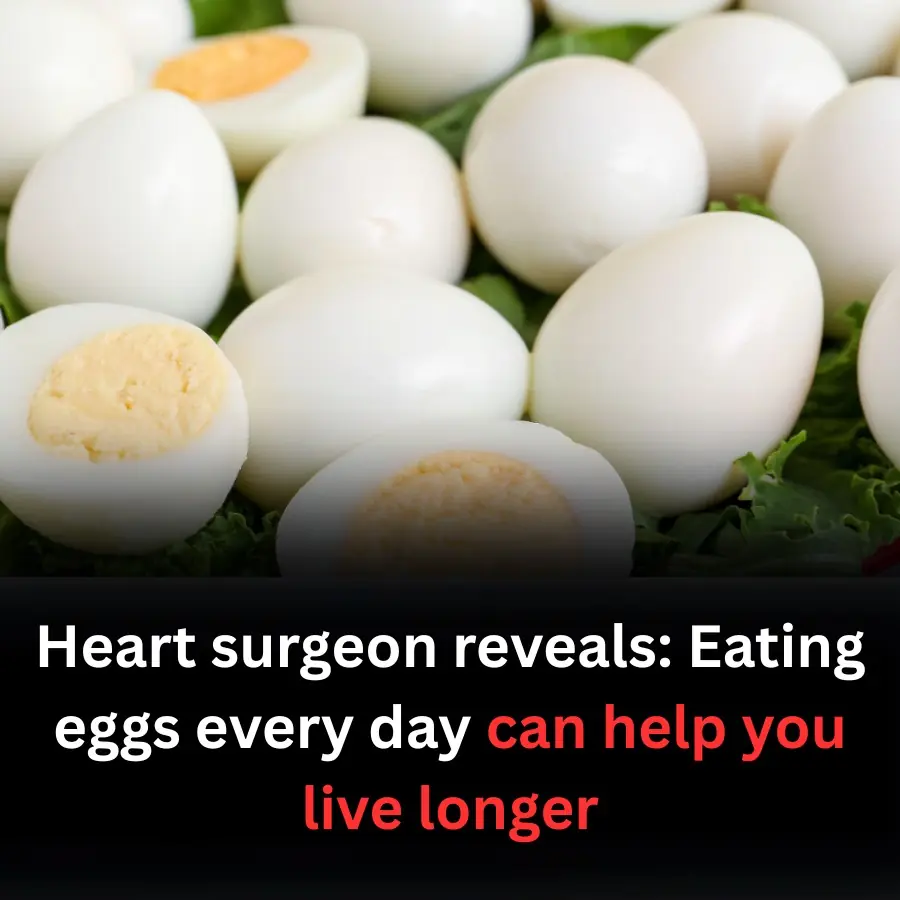
Eating eggs every day can help you live longer
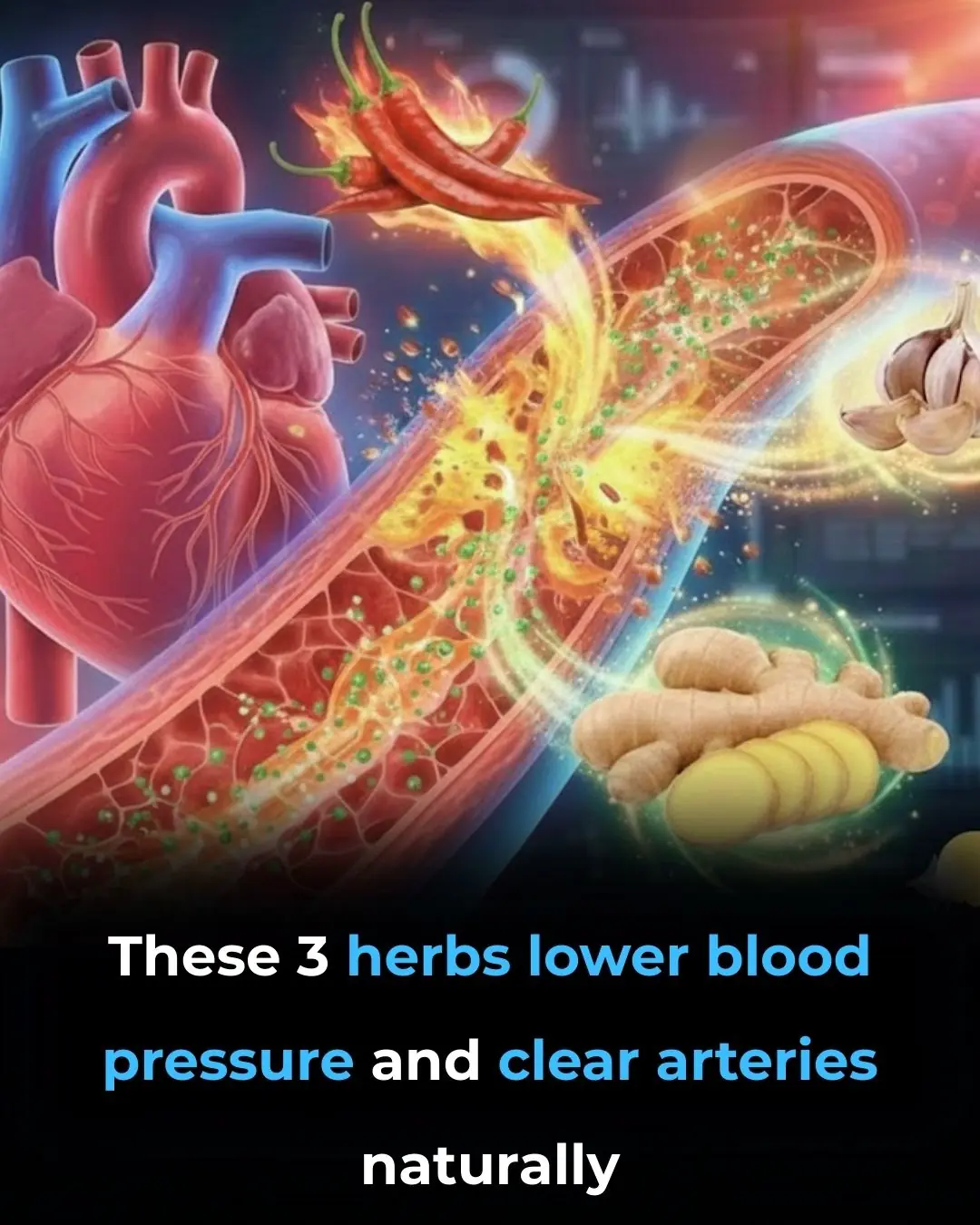
3 Miracle Herbs to Instantly Lower Blood Pressure & Clear Arteries Naturally

What is its effect. do you know?
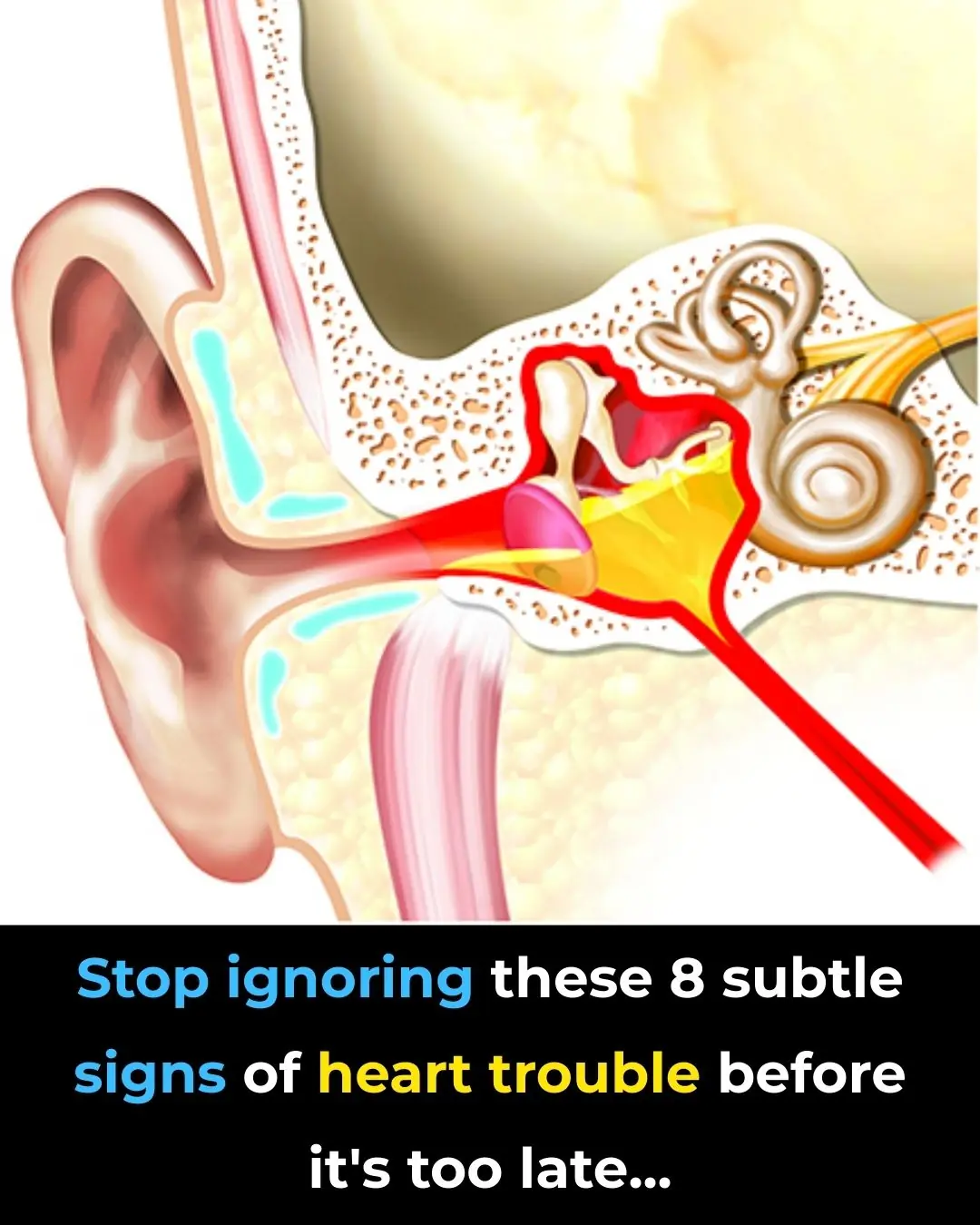
Stop Ignoring These 8 Subtle Signs of Heart Trouble Before It’s Too Late
News Post

High-Dose Nifedipine Linked to Increased Risk of Sudden Cardiac Arrest, New Study Suggests

How the U.S. Escaped Hurricane Landfalls in 2025

Ancient Shark Fossils Unearthed in Mammoth Cave Rewrite 325 Million Years of Evolutionary History

Powerful Health Benefits of Pineapple You Should Know

How an Italian Police Lamborghini Huracán Helped Save Lives by Delivering Kidneys Across Italy
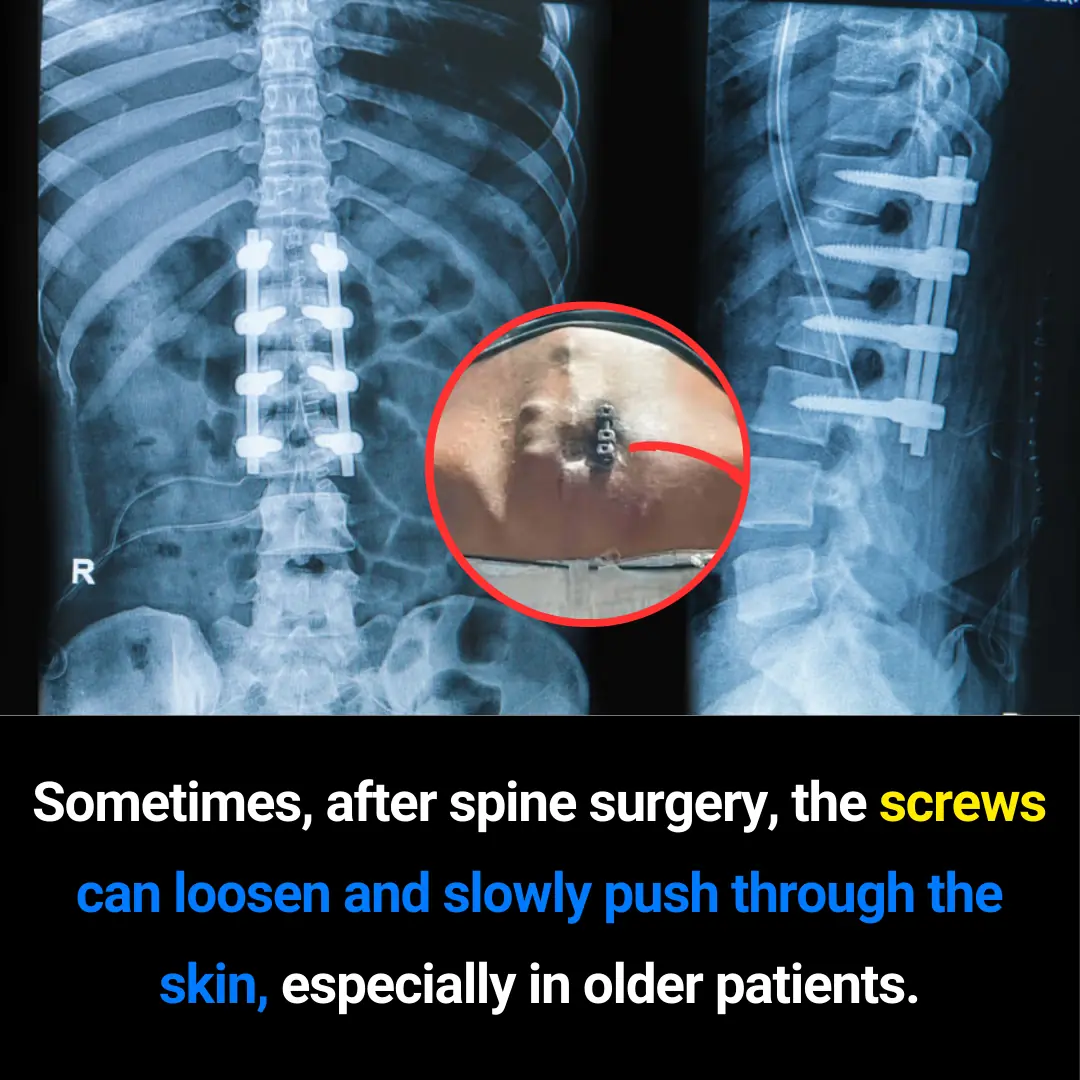
Can Spinal Screws Push Through the Skin? Understanding a Rare but Serious Post-Surgery Complication

Why the Tongue Is One of the Most Important Organs in the Human Body

What You Do First in This Scenario

The Surprising Health Benefits of Sleeping in a Cold Room

A 4-Minute, Zero-Effort Hack to Clean Grill Gunk – The Simple Trick My Nana Taught Me

High Blood Sugar Warning Signs

🥚 A Look at How Certain Boiled Egg Habits May Affect Your Heart Health

Small Steps, Big Impact: How 4,000 Steps a Day Can Transform Your Health

🌿 Clove Water Sitz Baths for Women: A Gentle Guide to Hygiene and Comfort

What Happens to Your Body When You Eat Canned Tuna Every Day

17 Warning Signs Your Liver Is Crying for Help

How to Support Your Kidneys Naturally Using 1 Teaspoon of Baking Soda

Fish oil cuts CV risk nearly in half for dialysis patients

The hidden heart danger doctors say is more common in people with diabetes
